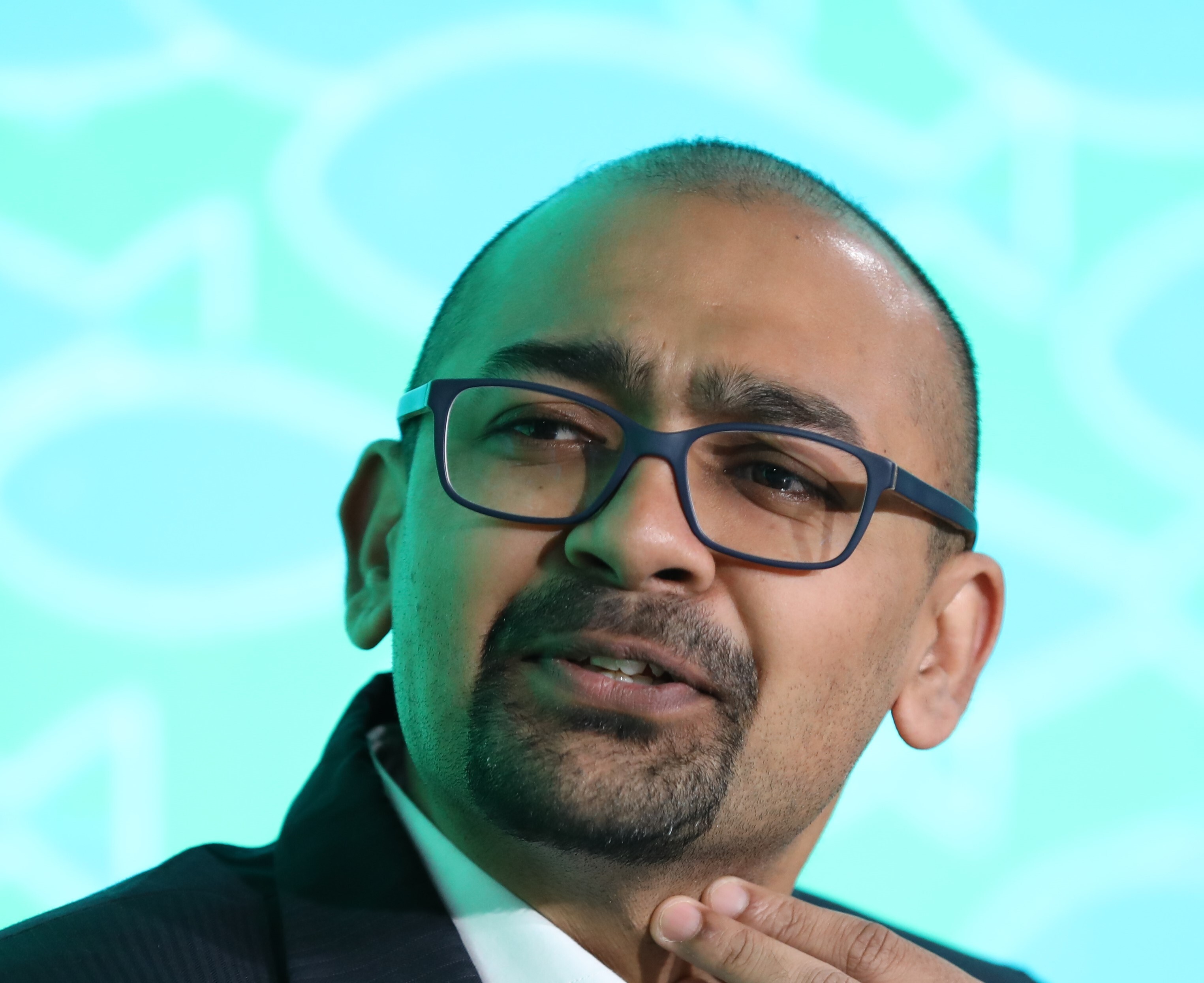Keynotes
Keynote Talk Speakers
 Dr. Meltem Sonmez Turan
Dr. Meltem Sonmez Turan
A cryptographer in the Computer Security Division of National Institute of Standards and Technology
Keynote Talk I: Standardization of Ascon Family
Abstract
In February of 2023, NIST announced the decision to standardize the Ascon family for lightweight cryptography applications. This talk provides an overview of evaluation of the finalists, selection of Ascon, and the details of the standardization process.
 Prof. Gernot Heiser
Prof. Gernot Heiser
Scientia Professor and the John Lions Chair for operating systems at University of New South Wales
https://research.unsw.edu.au/people/scientia-professor-gernot-heiser
Keynote Talk II: Provable Security for the Real World
Abstract
In 2009, the seL4 microkernel became the world's first operating-system (OS) kernel with a formal, machine-checked proof of implementation correctness. This was followed by proofs of security enforcement, extension of the correctness proofs to the binary (taking the compiler out of the trusted computing base) and the first proofs of worst-case execution-time (WCET) bounds for a protected-mode OS. The work on seL4 received multiple awards, including the 2019 ACM SIGOPS Hall of Fame Award and the 2022 ACM Software System Award. This talk will present seL4 and its assurance story discuss real-world deployments and on-going work at UNSW at expanding the functionality of seL4-based operating systems, pushing assurance into higher level components and easing the deployment of the technology.
 Dr. Kris Shrishak
Dr. Kris Shrishak
Senior Fellow working on technology-policy with a focus on algorithmic decision making, surveillance, data rights, and privacy at Irish Council for Civil Liberties (ICCL)
Keynote Talk III: PETs: Promise, expectation, hope, and reality
Abstract
Privacy enhancing technologies (PETs) have been researched and promoted for the past few decades. Amidst greater public awareness of personal data collection and application of data protection regulations, the number of implementations of PETs have increased in the past few years. Given the promise and expectation of PETs to protect people's privacy and the hope of researchers to see use-cases of PETs, what is the reality of PETs in today's world? Whom do they serve, whom do they not. Are the privacy needs of people being met? Could some of the deployments of PETs pose risks to fundamental rights of people? This talk will take you through a journey of PETs, the risks arising from some of the current deployments and shed light on research directions so that PETs are deployed to enhance, and not encroach, on people's rights.
We will have keynote talks from the following world-leading researchers.